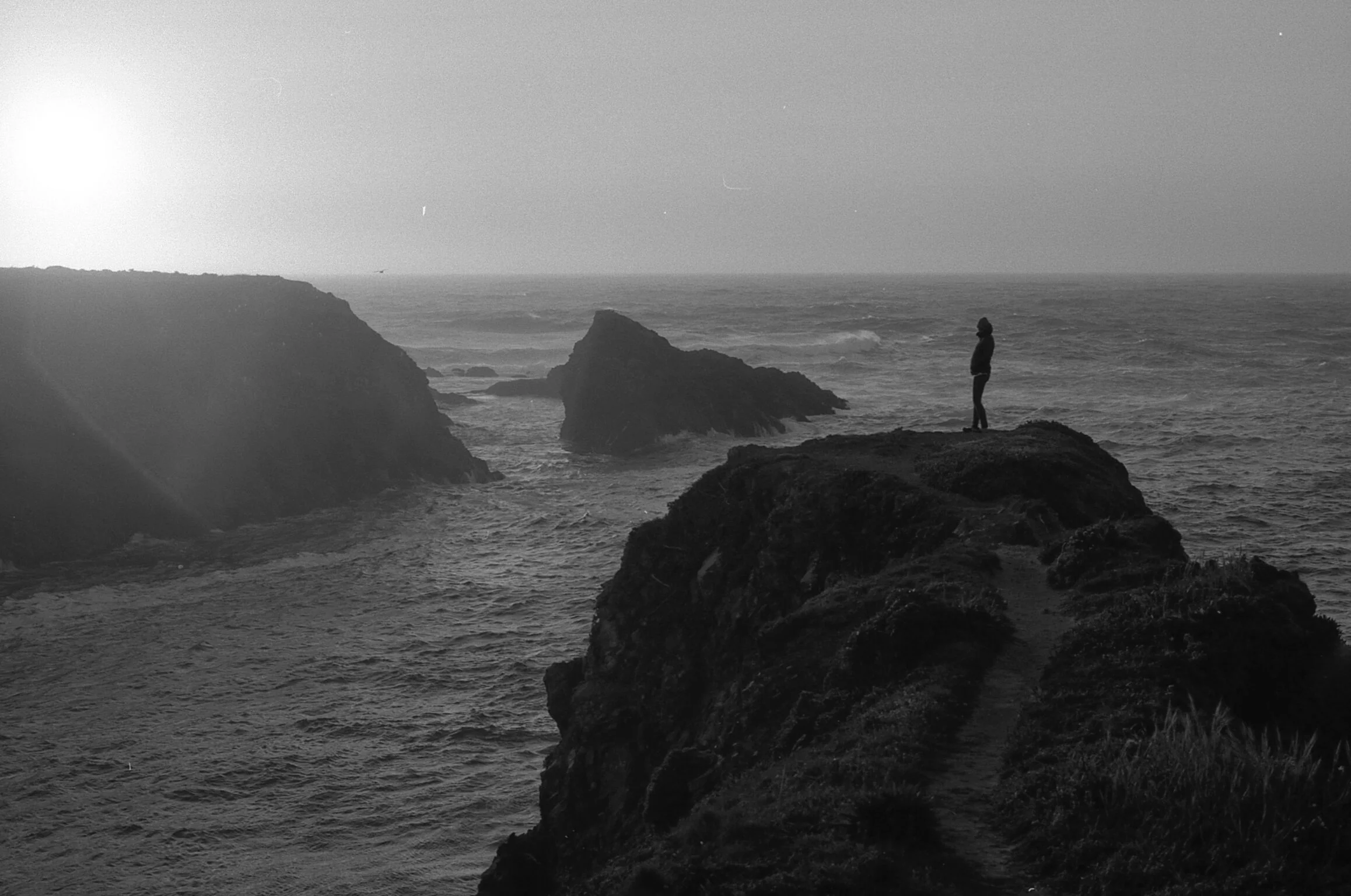Hopelessness and Helplessness
Hopelessness and helplessness are feelings that are similar to the physical experience of wading through mud. We feel stuck, immovable, and isolated. It’s hard to foresee a future with hope and light. All we can focus on is how immovable we feel. When hopelessness or helplessness arises, our caregivers can start to perceive these experiences as “weak.” They, in-turn, can also start to adapt a hopeless or helpless mentality in delivering care. It therefore becomes cyclical. And these feelings can lend themselves to suicidal thoughts or questioning one’s life. Let’s explore what these feelings are like and their implications…
Hope is in essence a mental commitment to life. With hope we believe that we will feel better in the future. Hope is the force which stimulates the system to actively seek new experiences and exposure to new forces in an attempt to achieve the highest level of meaning in life. Hope sustains the system through periods of disequilibrium (Schneider, 1980). When hope has left us, we start to believe that no matter what we do, it doesn’t matter. If we feel hopeless, we often feel powerless: no matter what I do, it won’t change my outcome. When we reach this state, no matter what feedback we hear, we can distort it to fit into this hopeless narrative. This makes the individual and their support system feel helpless: no matter what I (or others) do, it won’t matter.
“Hope is in essence a mental commitment to life. With hope we believe that we will feel better in the future. Hope is the force which stimulates the system to actively seek new experiences and exposure to new forces in an attempt to achieve the highest level of meaning in life. ”
So, what can help us switch gears? We have to interrupt these hardwired processes by reorienting ourselves to the present moment. We have to yell: STOP! And then begin the practice of self-reflection. What is actually happening? How do I feel it in my body? What feelings are attributed to these sensations in my body? What thoughts/judgments have I assigned to these sensations and feelings? It’s essential that we ask ourselves to become the scientist of our human experience. In order to do this, we have to distance ourselves enough in order to observe what is happening.
“We have to interrupt these hardwired processes by reorienting ourselves to the present moment. ”
Dr. Dan Siegel has a beautiful approach to putting ourselves in a space of observation. Check out his theory of MINDSIGHT and more remarkable research here. What I practice with my clients is providing a reflective space. When we are interacting with someone or something that triggers us, we need to bring ourselves into the present space with these experiences. We often become reactive and aren’t able to promote space between us and our reactions. As a therapist I share with my clients that the best way to interrupt how our minds resort to our default and reactive strategies (which are often implicit and aren’t tending to our most progressive goals), is to become aware of them.
In order to do that we have to STOP! How do we slow down and yell stop so we don’t progress down a road that has the same implications/reactions/experiences? We literally yell stop! Get kinesthetic! Clap your hands, stomp your feet, smile, sing, move!
Then reflect…Is there a physical sensation you feel (resistance, pressure, tension)? Does an emotion bubble up to the surface (anger, embarrassment, hurt)? Do you start to have intrusive thoughts (blaming, avoiding, combative)? If so, try to invite compassion in as you start to unpack your experiences. This offers us the opportunity to see our experience from a different perspective.
You may be approaching something with helplessness/hopelessness (common and default): “this always happens to me,” “I’m not worthy of anything or anyone,” “I can’t,” “They won’t let me,” “They always make me feel this way,” “I’m never going to succeed…” and so on. If we’re able to pull ourselves out of this emotional experience and view it from an outsider’s perspective, then we all of a sudden have choice. Our tunnel vision no longer exists, and we have new choices. This is HARD!!!! It’s easier to become a casualty of our experiences. But this doesn’t benefit anyone. And with this headspace, we have to wait until time/space allows us to pull ourselves out of it.
“If we’re able to pull ourselves out of this emotional experience and view it from an outsider’s perspective, then we all of a sudden have choice. ”
Additionally, we often become, exclusively, aware of our experiences when things feel bad or bothersome. We don’t often bring our awareness to ourselves when things are going well. But it’s just as important to implement self-awareness when things are going well, so to show ourselves that we are capable of experiencing joy. We can prove to ourselves that our lives are dynamic, and embody what it feels like to feel the relief of ease. These moments can then offer us a rebuttal to the common assumption that “bad things always happen to me”—the thoughts that fuel hopelessness/helplessness.
“We can resource ourselves with strategies and supports that interrupt the negative impact these things (hopelessness/helplessness) have on us.”
The take home message: practice self-awareness. Take moments throughout your day to check-in. How are you doing? What are you feeling? How is your body responding? Observe, remark, and get curious—avert the urge to criticize, judge, or over-analyze. Start to notice what brings about feelings of hopelessness/helplessness. Is it a person? Is it a circumstance? It is a time of year? Knowing what the trigger is, offers us the opportunity to prepare for these situations. We can resource ourselves with strategies and supports that interrupt the negative impact these things often have on us.
Please also keep in mind, hopelessness/helplessness aren’t feelings to avoid. They are present in the human experience and you get to experience them. Start to reframe them as emotional experiences that have something to tell us. We can collect this data in order to explore what it means. With that information we can then empower ourselves to know how interact with them in a way that shows them that they aren’t bigger than us. They are feelings, not consequences. We have choice in how we process through them.
If hopelessness/helplessness is something you feel frequently, get connected with a therapist. We’re here to help you navigate these complex emotional experiences. Just because you think you can do it alone, doesn’t mean that you have to. Get connected. You deserve to thrive.




